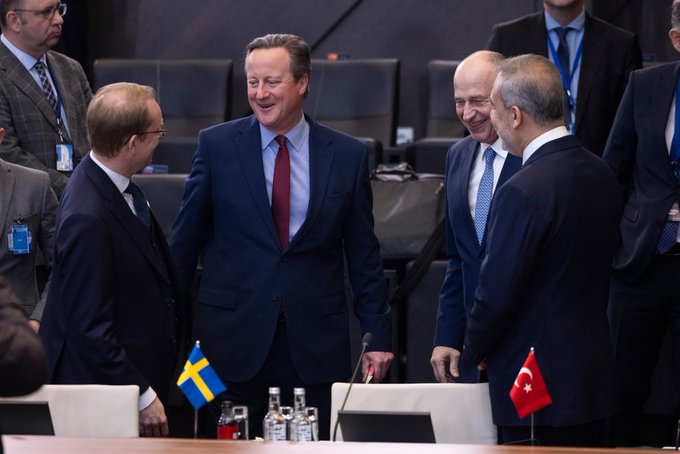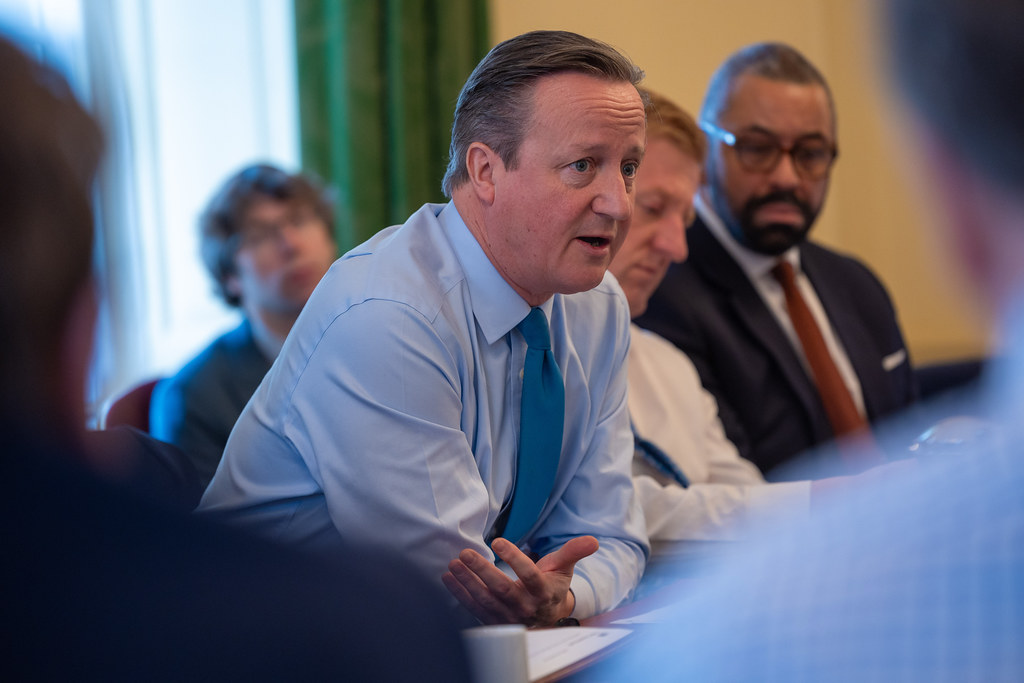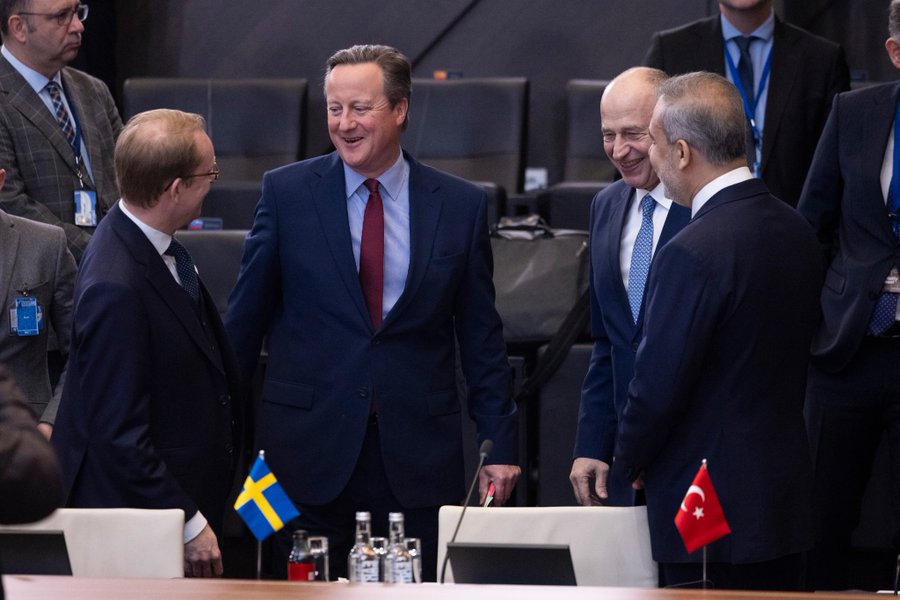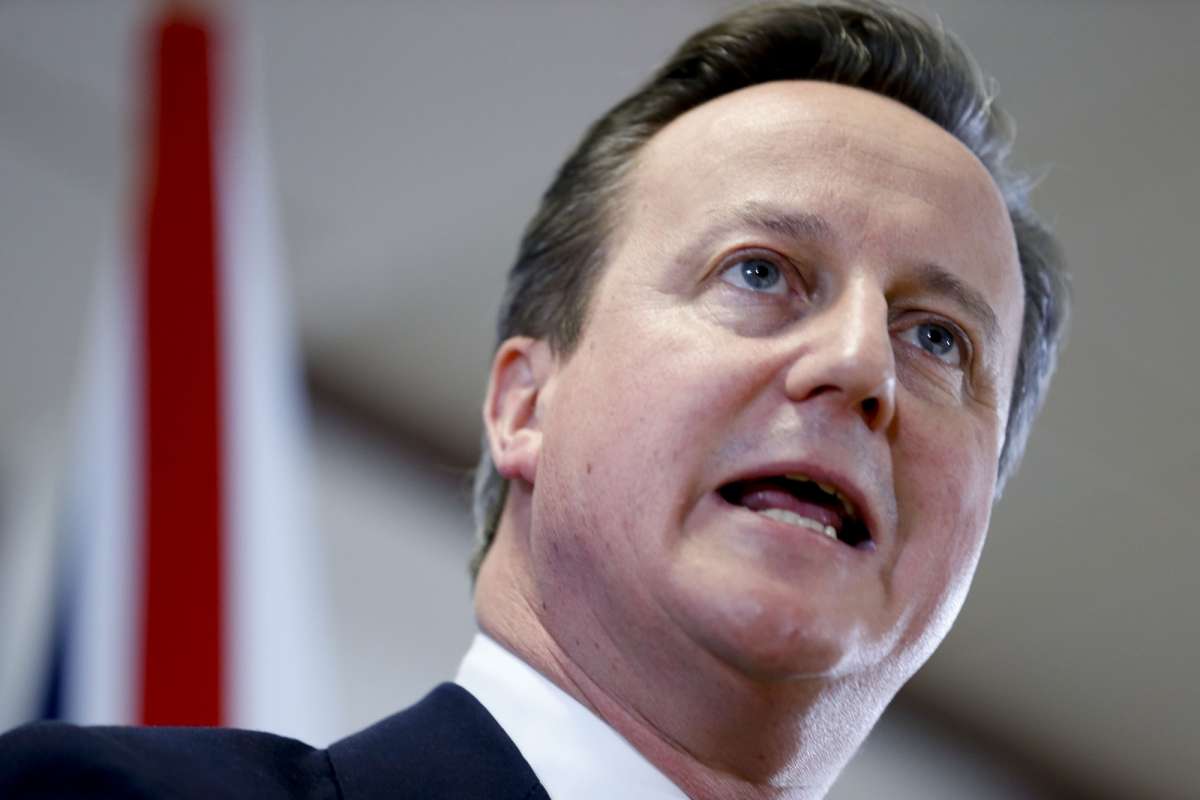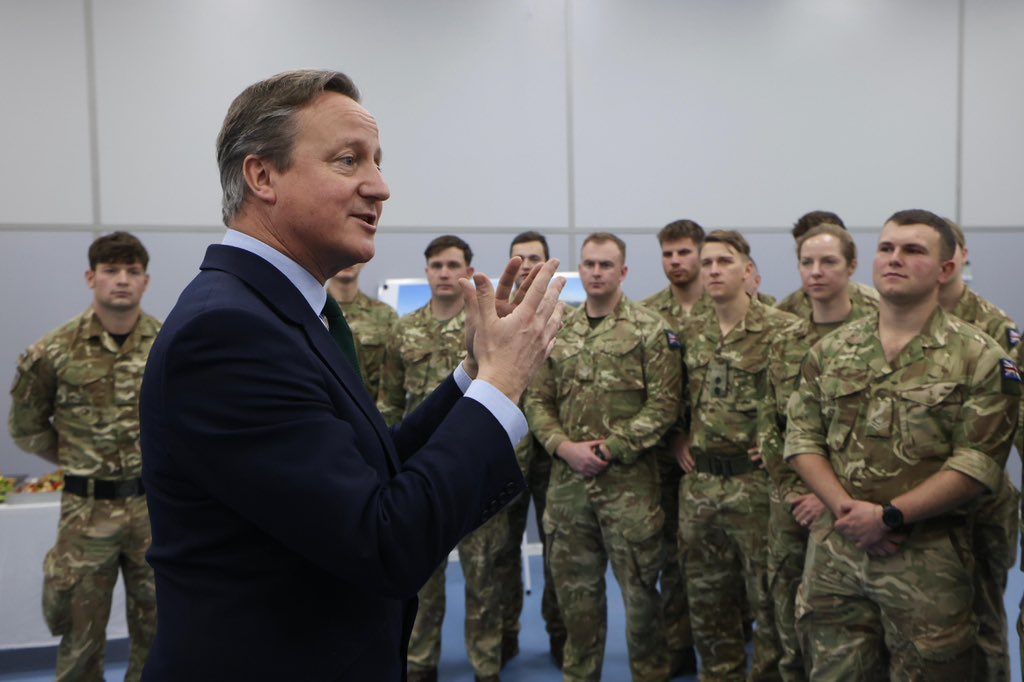The report, a University College London collaboration with Hertford College, University of Oxford, is designed to kick-start a conversation about the reform of UK foreign affairs…reports Asian Lite News
The UK’s Foreign Office must shed its elitist premises rooted in the colonial past and modernise to reflect a more future-oriented culture, according to a new study by a group of former senior diplomats and an Indian-origin economist.
‘The World in 2040: Renewing the UK’s Approach to International Affairs’, released this week, is a report that follows in-depth roundtable discussions and sets out a series of measures to renew and reform the UK foreign affairs function.
The brand itself of the Foreign, Commonwealth and Development Office (FCDO) is brought into question, with a call to establish a brand-new Department for International Affairs or Global Affairs UK instead.
“A new brand would help signal a forward-looking ambition for the 21st century. The very name of the Foreign, Commonwealth (formerly ‘Colonial’) and Development Office is anchored in the past,” reads the report.
“A new Department for International Affairs (or Global Affairs UK) would signal a potentially quite different role. The physical surroundings on King Charles Street [London] also hint at the Foreign Office’s identity: somewhat elitist and rooted in the past. Modernising premises – perhaps with fewer colonial era pictures on the walls – might help create a more open working culture and send a clear signal about Britain’s future,” it notes.
The project involved former Cabinet Secretary Lord Mark Sedwill, former Director General at the FCDO Moazzam Malik, and former British ambassador and advisor to UK prime ministers Tom Fletcher convening a group of experts in Oxford in October last year to debate the UK’s approach to international affairs and ideas for reform.
Their deliberations have now resulted in the report, which also involved the work of Indian-origin economist Roli Asthana, who worked at the erstwhile UK Department for International Development (DfID) for over 14 years, covering multiple countries including India.
“The link between politics and economics, development and diplomacy and security and prosperity is stronger than ever. How we plan now to respond in the long term is critical for our future, and that of our children,” said Asthana.
The report, a University College London (UCL) collaboration with Hertford College, University of Oxford, is designed to kick-start a conversation about the reform of UK foreign affairs.
“The balance of geopolitical power is shifting alongside economic power. The world’s economic gravity is moving back towards the East driven by growth in China, India and South-East Asia,” reads the analysis.
“We are moving from a world of relatively stable Cold War blocs and the US-led ‘international order’ that followed to an increasingly multi-polar ‘a la carte’ world that is less predictable, more insecure and fragmented,” it notes, highlighting the need for the UK to adjust to the changing global landscape.
The experts call for a concerted effort to build the UK’s capability for economic diplomacy, cutting across a whole range of government departments, and for Britain to be “more of a ‘team player’, showing humility and respect, ready to follow and support wherever appropriate”.
“We need to build on our strengths and rely on actions rather than rhetoric. The UK has often sought to project an image of ‘greatness’ to the world that today seems anachronistic. We will be envied for what we are good at, not what we say that we are good at,” it points out.
The group of former officials say the new department should have a broader remit that promotes Britain’s prosperity and security by better coordinating strategy on trade and aid, development and climate change – as well as traditional foreign policy.
The authors say this would be better able to deliver on Britain’s long-term international objectives.
They say the department could promote Britain’s prosperity and security by better coordinating strategy on trade and aid, development and climate change – as well as traditional foreign policy.
Parliament should give the new department “core objectives and mandates” that “endure beyond the tenure of individual ministers” to avoid repeated short term policy change, the authors say.
And they argue there should be a new commitment by the government to spend 1% of national income on the department’s international priorities – just as 2% of national wealth is currently committed to defence.
The authors include former cabinet secretary Lord Sedwill, former director general at the Foreign Office Moazzam Malik, and Tom Fletcher, former ambassador and foreign affairs adviser to Tony Blair, Gordon Brown and David Cameron.
The pamphlet — The World in 2040: Renewing the UK’s Approach to International Affairs — reflects the conclusions of a two-day conference involving former ministers, national security advisers and senior civil servants held in Oxford.
The authors are scathing of the Foreign Office, known officially as the Foreign, Commonwealth and Development Office (FCDO). They say it is “struggling to deliver a clear mandate, prioritisation and resource allocation”.
It “all too often operates like a giant private office for the foreign secretary of the day, responding to the minister’s immediate concerns and ever-changing in tray”, they say. The merger between the FCDO and the Department for International Development “struggled to deliver”, they add.
They say “the very name of the Foreign, Commonwealth (formerly ‘Colonial’) and Development Office is anchored in the past”.
ALSO READ-Cameron rules out Western boots in Ukraine


